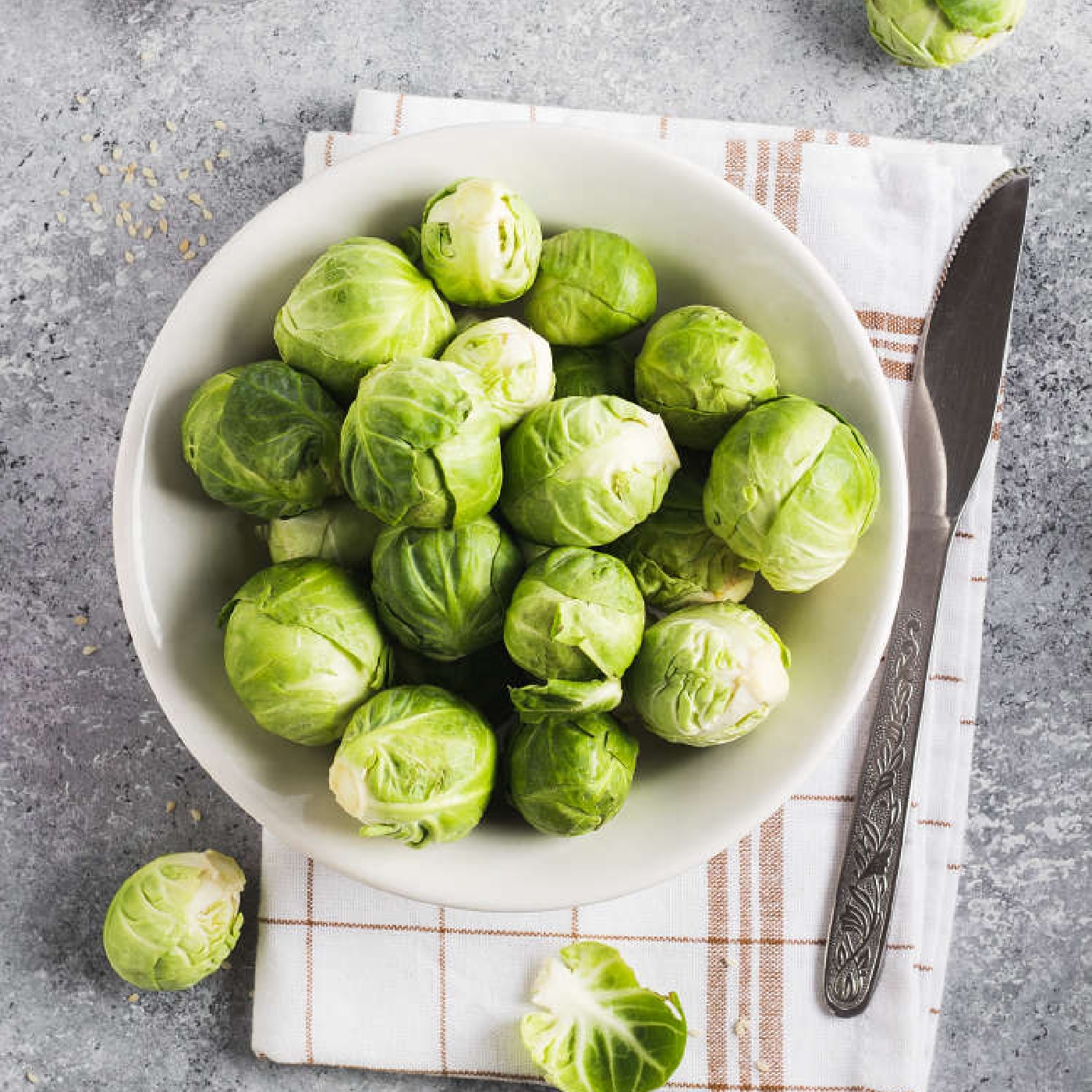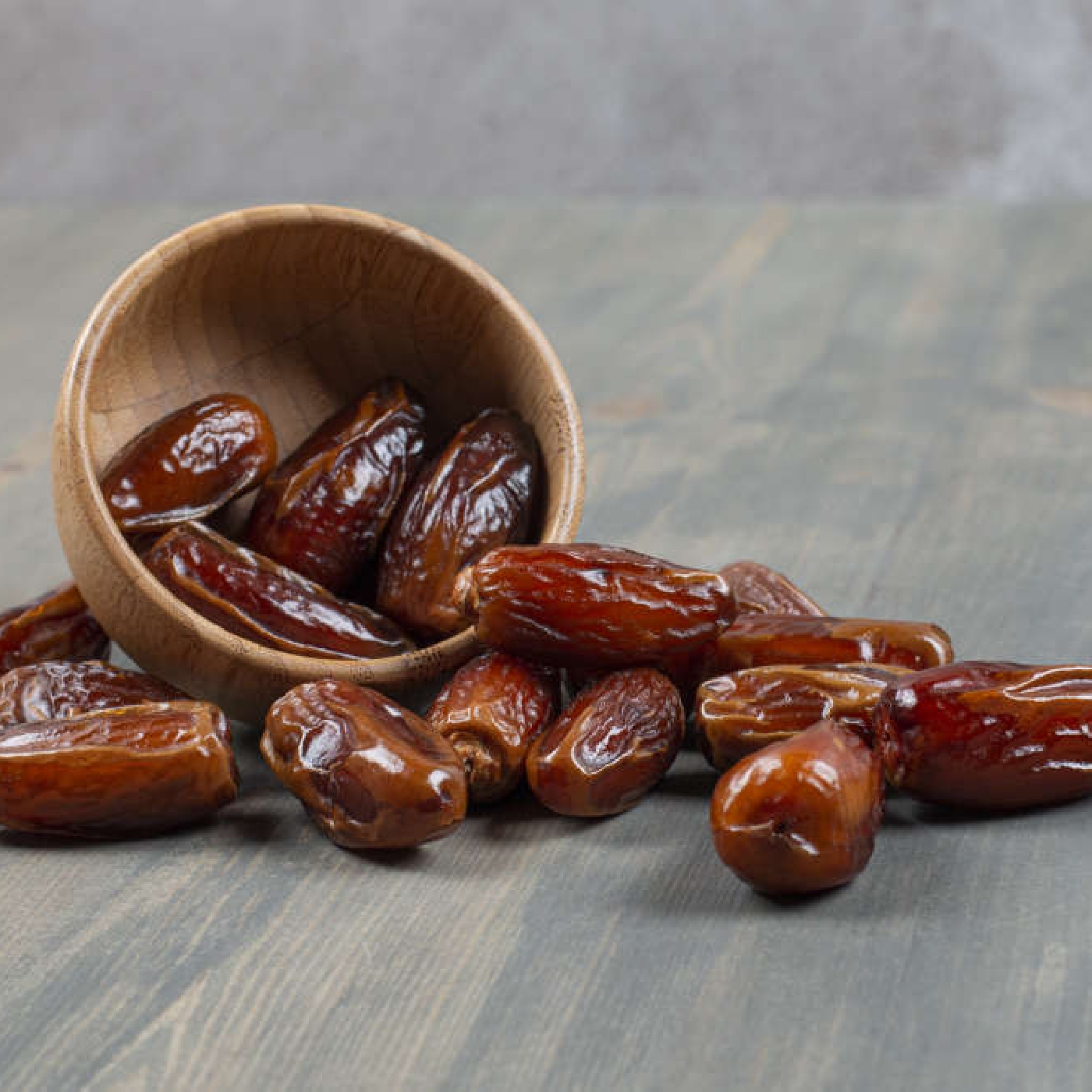
We're are being asked to stay cool, as the long-term forecast continues to be warm, sunny weather.
Families are asked to look out for children and older relatives, who are more vulnerable in warmer weather as people may spend more time outside to meet up with family and friends.
Children and babies, older people and those with chronic conditions, including heart and breathing problems, can be affected by hot temperatures so it’s important to keep them protected by staying in the shade, wearing summer hats, using sun cream and drinking plenty of water.
Dr Kirsty King, GP and clinical lead for children and young people, NHS Bradford District and Craven Clinical Commissioning Group (CCG) said: “We’ve all caught the sun before, either on holiday or at home. You might enjoy a tan or deliberately use the sun cream a bit sparingly. But getting sun burnt can be serious, particularly for babies and young children. It’s important to protect your skin, whatever your skin type. Use sunscreen of at least factor (SPF) 30 and apply it generously and top up at least every two hours. If you’ve been in water, reapply when you’re dry. It’s also easy to become dehydrated or overheat when it’s hot outside. Make sure everyone – young and old – is drinking plenty of fluids. Aim to drink 6-8 glasses of water or juice/squash a day and more if it’s hot.”
Heat exhaustion and heat stroke are also things to look out for if people are outside for long periods. Watch out for signs such as headaches, dizziness, nausea or vomiting, intense thirst, heavy sweating and a fast pulse. If friends or family have any of these, move them to rest in a cool place and encourage them to drink plenty of fluids. Seek medical advice if their symptoms persist or worsen.
Dr King added: “The risk of serious illness is much higher for older people, children and babies, and those who already have health conditions including heart and breathing problems. People with less serious conditions should ‘talk before they walk’ and get fast, free advice from the nhs.uk website, NHS 111 online 111.nhs.uk or by calling 111, to check symptoms and decide on the best course of action. Minor conditions, such as sunburn, insect bites or hay fever, are best dealt with at home or with over-the-counter remedies and advice from community pharmacists. The NHS is #StillHereToHelp for anyone who needs it, but everyone can help by checking in on vulnerable friends and neighbours, and make use of the free, convenient phone and online NHS services for minor illnesses, to help frontline staff provide care for those in emergency and serious need.”
Local health, care, voluntary and local authority services are still here to help during the coronavirus pandemic. Services across Bradford district and Craven are working together to remind local people to still get in touch if they need help before their situation worsens as part of the #StillHereToHelp campaign. How people access services may have changed, for example, appointments with GP practices may take place over the phone or online. If you need a GP appointment, please call your local practice. Please do not attend your practice in person unless asked to do so.



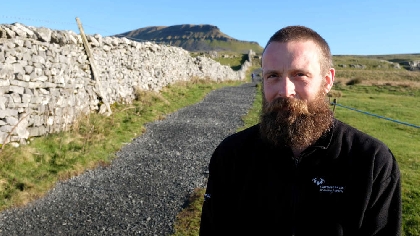 Pen-y-ghent path fixed
Pen-y-ghent path fixed
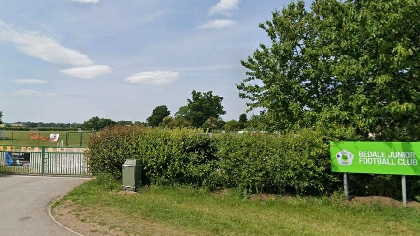 Good news for Bedale football club
Good news for Bedale football club
 Dales photography competition returns to celebrate our most loved landscapes
Dales photography competition returns to celebrate our most loved landscapes
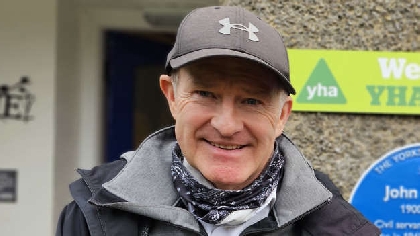 Long-serving Yorkshire Dales park authority chief to retire
Long-serving Yorkshire Dales park authority chief to retire
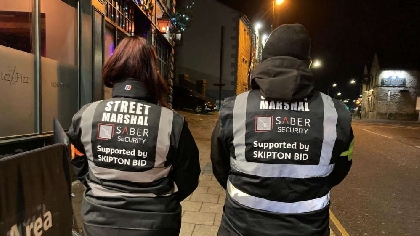 Skipton Street Marshals to return and support welfare over busy festive period
Skipton Street Marshals to return and support welfare over busy festive period
 Don’t blame wildlife for £11.7m Kex Gill overspend, say Green councillors
Don’t blame wildlife for £11.7m Kex Gill overspend, say Green councillors
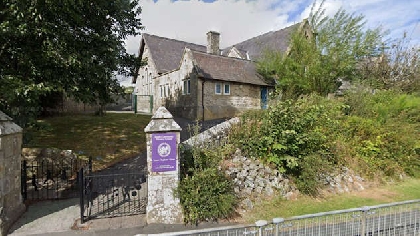 Dales school restructuring won’t make difference to pupils education
Dales school restructuring won’t make difference to pupils education
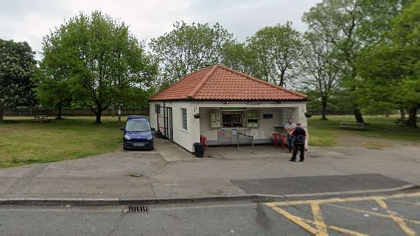 Details behind sudden closure of A66 cafe emerge
Details behind sudden closure of A66 cafe emerge



